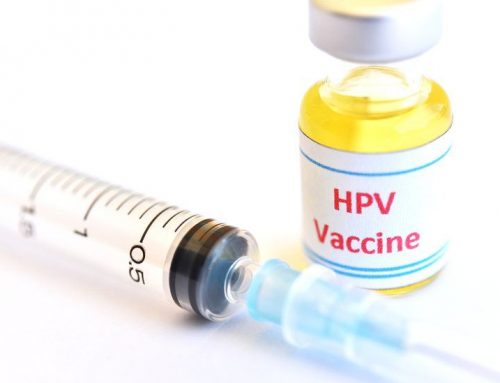Pregnancy and medication
Question one
Why is it so important to watch what medication you ingest while you’re pregnant?
Answer:
Pregnancy can be a daunting time and there may come a time when you are feeling under the weather and are unsure of what medication is safe for your baby. Although many medications don’t affect your pregnancy, there are some over-the-counter medications and even some natural remedies that can cross over the placenta and affect the development and growth of your child. These drugs are called to Teratogens.
You may be in a group of women who are already taking medication for a chronic condition. It is important to check with your doctor before you fall pregnant if it is safe, as some medication may need to be stopped as soon as 3 months before you conceive. Consult your doctor again when you find out you are pregnant in case the medication needs to be changed to one that is safer during pregnancy, such as blood pressure medication. In some cases your chronic medication dose may need to be changed during your pregnancy as your needs change, such as with diabetes and epilepsy.
Your doctor will always weigh the risks and benefits of taking medication to help you know what is safe. Whenever new medication is being prescribed, always ensure that the healthcare worker knows you are pregnant.
Question 2
Please provide a brief overview on what medications are safe to take during pregnancy and which should be avoided.
Answer
Although most medication is safe during pregnancy there are a few which should be avoided. Below is a table of medication that should be avoided during pregnancy:
| Absolutely contraindicated | ||
| Chemotherapeutic drugs | e.g. methotrexate | used for autoimmune diseases and some cancers |
| Vitamin A containing drugs | e.g. Roaccutane | Used for acne and other skin conditions |
| Cardiac medication | e.g. enalapril | used for hypertension |
| Antifungal drugs | e.g. fluconazole | Most topical creams are safe such as those used for vaginal thrush |
| Anti-worm medication | e.g. mebendazole | used for worm infestations |
| Anti-inflammatory drugs | non-steroidal anti-inflammatory e.g. nurofen | Should be avoided in the 3rd trimester |
| Gout medication e.g. colchicine | Should be avoided throughout pregnancy | |
| Relatively contraindicated medication | ||
| Psychotropic drugs | E.g. lithium | Used for some mood disorders. Only to be used under the care of a physician |
| Anticlotting medication | E.g. warfarin | Only to be used under the care of a physician |
| Cardiac medication | Beta-blockers e.g. atenolol | Used for high blood pressure and migraine prophylaxis |
| Diuretics | E.g. lasix | Can be used in acute circumstances |
| Some antibiotics | E.g. tetracyclines | Used for some infections. Causes delayed bone growth of the fetus and teeth staining |
| Endocrine medication | E.g. carbimazole | Used for an overactive thyroid |
The good news is that there is more than just a Panado to cure your ailments.
Here is a list of some common conditions and their treatment which are safe in pregnancy:
Constipation: it is always ideal to start with an increase in dietary fibre and increase intake of fluids. There after bulk forming laxatives can be used but castor oil and mineral oil should be avoided.
Diarrhoea: Management of the acute condition should include general measures such as hydration and an altered diet .There after products such as loperamide can be considered for short periods of time.
Sleep disturbance: Correct sleep hygiene should always be employed before considering medication, but for short-term use sedative antihistamines such as Doxylamine and zolpidem can be taken. Benzodiazepines should be avoided in pregnancy as it increases your chances of having a preterm labour and a low birthweight baby.
Question 3
Can you continue taking chronic medication why you are trying to fall pregnant? If so what is the correct course of action once you find out you are pregnant?
Answer
Although up to 50% of pregnancies are unplanned, it is always ideal to consult with your doctor before you plan to fall pregnant to find out if the medication you take daily will be safe in pregnancy. If you are chronic medication it is vital to see your doctor as soon as you find out you are pregnant in case your medication needs to be changed to a safer option or discontinued entirely. In some cases such as epilepsy and diabetes the doses of your medication needs to change as your pregnancy continues.
By Dr Leneque X Lindeque
Obsterician and Gynaecologist, Netcare Albertlito Hospital







